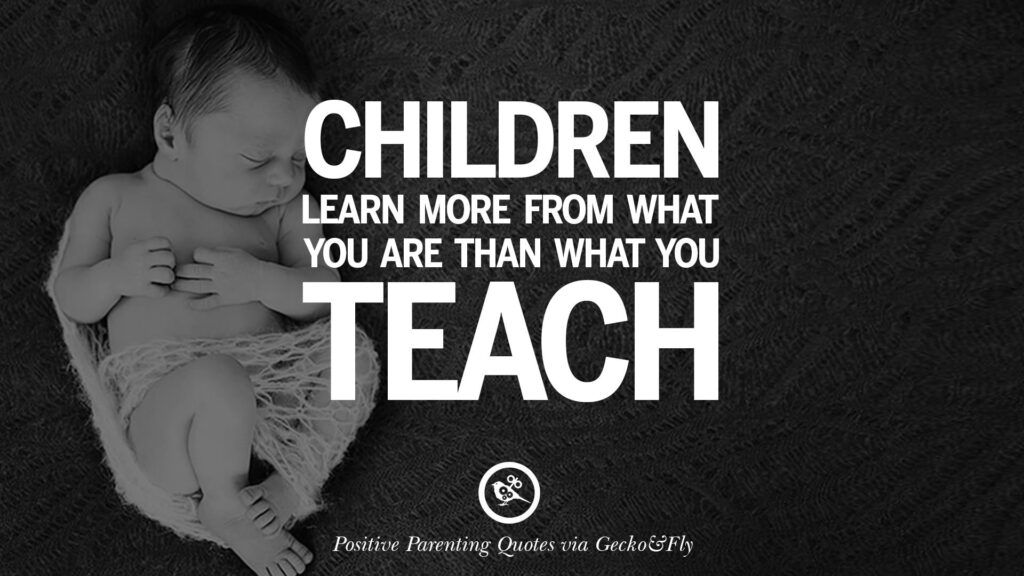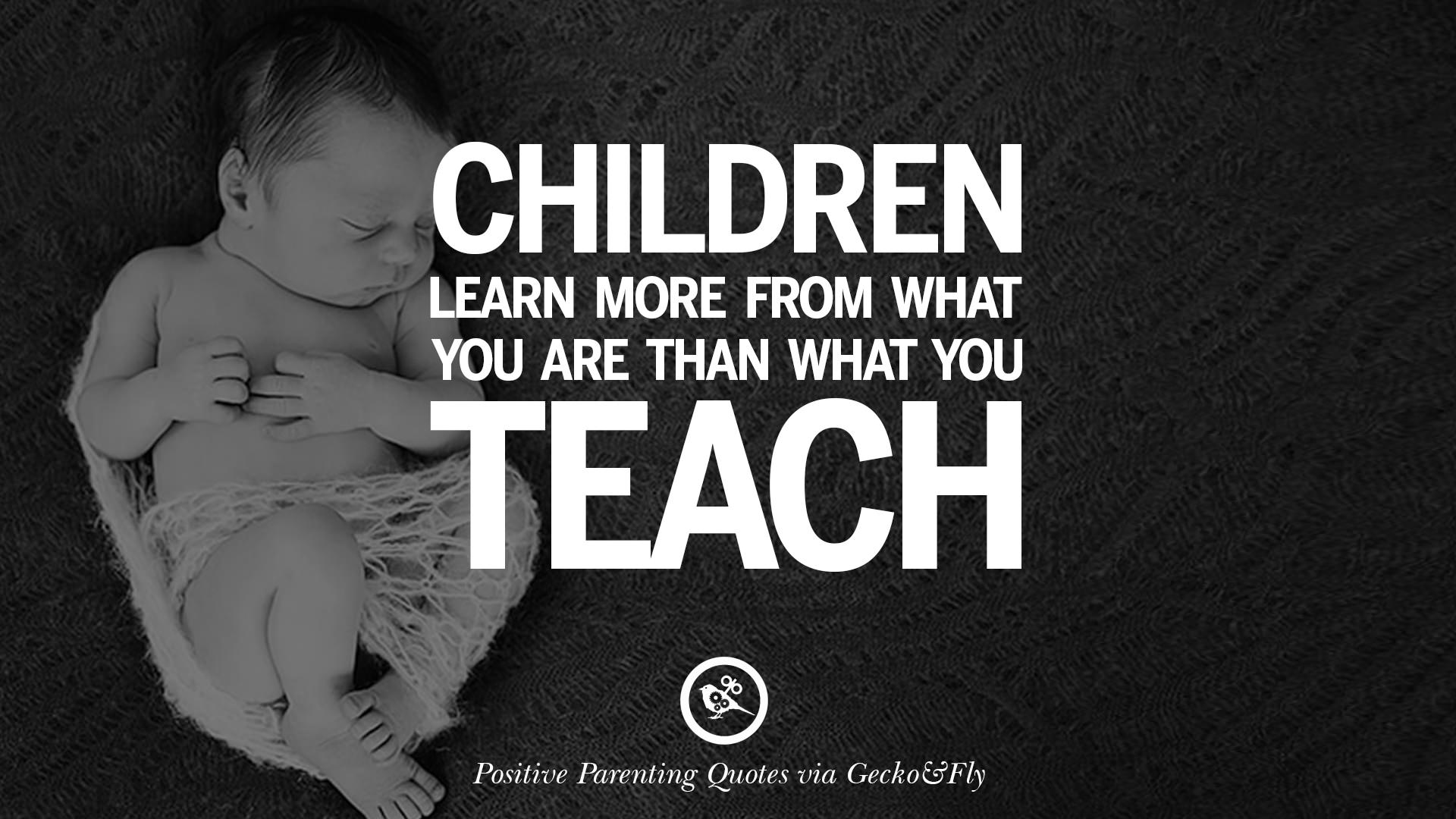
Navigating the Journey: How to Be a Parent in the Modern World
Becoming a parent is a transformative experience, one filled with immense joy, profound responsibility, and a healthy dose of the unexpected. In today’s rapidly changing world, understanding how to be a parent effectively requires more than just instinct; it demands adaptability, knowledge, and a commitment to continuous learning. This article aims to provide a comprehensive guide for navigating the complexities of modern parenthood, offering insights into key areas such as child development, effective communication, discipline strategies, and self-care for parents. Whether you’re a first-time parent or looking to refine your approach, this information will help you foster a nurturing and supportive environment for your child to thrive.
Understanding Child Development: A Foundation for Effective Parenting
A crucial aspect of learning how to be a parent is understanding the stages of child development. Each stage, from infancy to adolescence, presents unique challenges and opportunities. Knowing what to expect developmentally allows you to tailor your parenting approach to meet your child’s specific needs. For example, toddlers are known for their independence and frequent tantrums, while school-aged children are developing their social skills and sense of identity. Teenagers, on the other hand, are navigating the complexities of adolescence, including hormonal changes and identity exploration.
Understanding these developmental milestones helps parents set realistic expectations and respond appropriately to their child’s behavior. Resources like the American Academy of Pediatrics and the Centers for Disease Control and Prevention (CDC) offer valuable information on developmental milestones and how to support your child’s growth at each stage. Being informed is a critical component of how to be a parent effectively.
Key Developmental Stages and Parenting Strategies
- Infancy (0-12 months): Focus on building a secure attachment through responsive caregiving. Respond promptly to your baby’s needs, provide comfort, and create a safe and nurturing environment.
- Toddlerhood (1-3 years): Encourage independence while setting clear boundaries. Use positive reinforcement and redirection to manage challenging behaviors.
- Preschool Years (3-5 years): Foster social and emotional development through play and interaction with peers. Teach empathy, problem-solving skills, and emotional regulation.
- School-Aged Years (6-12 years): Support academic achievement and social competence. Encourage participation in extracurricular activities and foster a love of learning.
- Adolescence (13-18 years): Provide guidance and support as your teenager navigates identity formation and independence. Maintain open communication and respect their growing autonomy.
Effective Communication: Building Strong Parent-Child Relationships
Open and honest communication is the cornerstone of a healthy parent-child relationship. Learning how to be a parent involves developing effective communication skills that allow you to connect with your child on a deeper level. This includes active listening, empathy, and clear, respectful communication.
Active listening involves paying attention to your child’s words and nonverbal cues, showing genuine interest in what they have to say. Empathy is the ability to understand and share your child’s feelings, validating their emotions and creating a safe space for them to express themselves. Clear and respectful communication involves using age-appropriate language, avoiding criticism and judgment, and expressing your thoughts and feelings in a calm and constructive manner.
Strategies for Effective Communication
- Practice active listening: Pay attention to your child’s words and nonverbal cues, and ask clarifying questions to ensure you understand their perspective.
- Validate their emotions: Acknowledge and validate your child’s feelings, even if you don’t agree with their behavior.
- Use “I” statements: Express your thoughts and feelings using “I” statements, such as “I feel frustrated when…” instead of “You always…”
- Avoid criticism and judgment: Focus on addressing the behavior, not attacking your child’s character.
- Create opportunities for open communication: Set aside dedicated time for family conversations, such as during meal times or before bedtime.
Discipline Strategies: Guiding Behavior with Love and Consistency
Discipline is an essential aspect of parenting, but it’s often misunderstood. Effective discipline is not about punishment; it’s about teaching children how to make responsible choices and develop self-control. Learning how to be a parent involves implementing discipline strategies that are age-appropriate, consistent, and based on positive reinforcement.
Positive discipline focuses on teaching children what to do, rather than simply punishing them for what they’ve done wrong. This involves setting clear expectations, providing positive reinforcement for good behavior, and using consequences that are logical and related to the misbehavior. Consistency is also crucial; children need to know that the rules and consequences will be applied fairly and consistently.
Positive Discipline Techniques
- Set clear expectations: Clearly communicate your expectations to your child, and ensure they understand the rules and consequences.
- Use positive reinforcement: Reward good behavior with praise, encouragement, and small privileges.
- Implement time-outs: Use time-outs as a way for your child to calm down and reflect on their behavior.
- Apply logical consequences: Use consequences that are directly related to the misbehavior, such as having to clean up a mess they made.
- Avoid physical punishment: Physical punishment is ineffective and can have negative long-term consequences on a child’s development.
Self-Care for Parents: Prioritizing Your Well-Being
Parenting can be incredibly demanding, both physically and emotionally. It’s easy to get caught up in the needs of your children and neglect your own well-being. However, self-care is not selfish; it’s essential for your ability to be a parent effectively. When you prioritize your own well-being, you’re better equipped to handle the challenges of parenting and provide a nurturing and supportive environment for your children.
Self-care involves taking care of your physical, emotional, and mental health. This can include getting enough sleep, eating a healthy diet, exercising regularly, spending time with loved ones, pursuing hobbies, and seeking professional help when needed. Finding time for self-care can be challenging, but even small acts of self-care can make a big difference.
Strategies for Prioritizing Self-Care
- Schedule regular breaks: Plan regular breaks throughout the day to recharge and de-stress.
- Get enough sleep: Prioritize sleep by establishing a consistent sleep schedule and creating a relaxing bedtime routine.
- Eat a healthy diet: Nourish your body with healthy foods that provide energy and support your overall well-being.
- Exercise regularly: Engage in physical activity that you enjoy, such as walking, running, or yoga.
- Connect with others: Spend time with loved ones who provide support and encouragement.
- Seek professional help: Don’t hesitate to seek professional help if you’re struggling with stress, anxiety, or depression.
The Importance of Support Systems When You’re Trying to Be a Parent
No parent is an island. Building a strong support system is crucial for navigating the challenges of parenthood. This can include family members, friends, other parents, and community resources. Connecting with others who understand the joys and struggles of parenting can provide emotional support, practical assistance, and valuable advice. [See also: Finding Parent Support Groups Online]
Joining a parent support group can be a great way to connect with other parents and share experiences. These groups provide a safe and supportive environment where you can ask questions, share concerns, and receive encouragement. You can also find valuable resources and information on parenting topics.
Building a Strong Support System
- Connect with family and friends: Reach out to family members and friends for support and assistance.
- Join a parent support group: Find a local or online parent support group to connect with other parents.
- Utilize community resources: Take advantage of community resources, such as parenting classes, childcare services, and mental health services.
- Seek professional help: Don’t hesitate to seek professional help if you’re struggling with parenting challenges.
Adapting to the Ever-Changing Landscape of Parenthood
Parenting is not a static endeavor; it’s a dynamic process that requires continuous adaptation. As your children grow and develop, their needs and challenges will change, and you’ll need to adjust your parenting approach accordingly. Being open to learning, seeking new information, and adapting to the ever-changing landscape of parenthood is essential for effective parenting. Learning how to be a parent is a lifelong journey.
The digital age presents both opportunities and challenges for parents. Technology can be a valuable tool for learning, communication, and entertainment, but it can also pose risks to children’s safety and well-being. Parents need to be proactive in monitoring their children’s technology use, teaching them about online safety, and setting boundaries around screen time.
Strategies for Adapting to Change
- Stay informed: Keep up-to-date on the latest research and best practices in parenting.
- Be flexible: Be willing to adjust your parenting approach as your children grow and develop.
- Embrace technology: Use technology to enhance learning, communication, and entertainment, but also be aware of the risks.
- Seek feedback: Ask for feedback from your children, your partner, and other trusted individuals.
- Be patient: Remember that parenting is a marathon, not a sprint. Be patient with yourself and your children.
Conclusion: Embracing the Journey of Parenthood
Learning how to be a parent is an ongoing journey filled with both joys and challenges. By understanding child development, practicing effective communication, implementing positive discipline strategies, prioritizing self-care, building a strong support system, and adapting to change, you can create a nurturing and supportive environment for your children to thrive. Embrace the journey, learn from your mistakes, and celebrate your successes. Remember, you’re not alone, and there are countless resources available to support you along the way. The most important thing is to love your children unconditionally and strive to be the best parent you can be.

